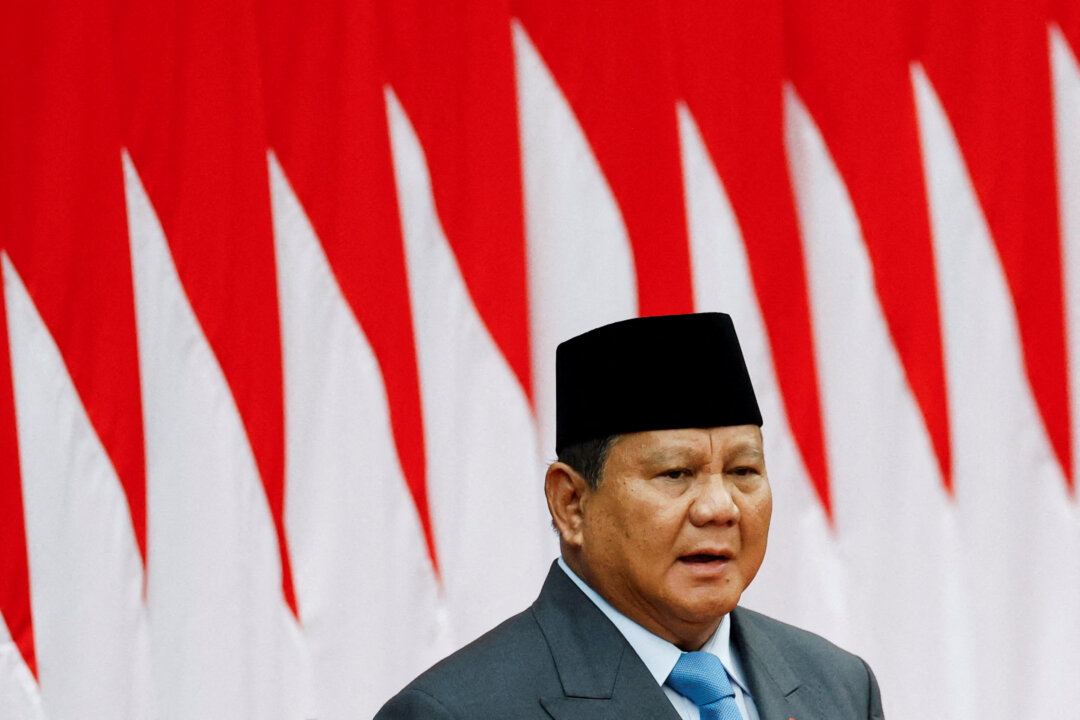Violent protests over parliamentarians’ benefits have left at least five people dead in Indonesia. In response, President Prabowo Subianto confirmed on Sunday that political parties have agreed to lower lawmakers’ pay and housing allowances, hoping to quell the country’s worst violence in decades.
Deadly Indonesia Protests Force U-turn on Lawmakers’ Perks

Key Takeaways:
- Indonesian political parties agree to cut lawmakers’ benefits
- At least five people have been killed during the demonstrations
- Protests began on Monday over “excessive” pay and housing allowances
- President Prabowo Subianto announced the decision on Sunday
- The unrest is described as the worst violence in Indonesia in decades
Introduction
Large-scale protests in Indonesia have turned deadly, leaving at least five people dead and prompting an urgent response from the country’s leadership. Demonstrators are rallying against what they call “excessive” pay and housing allowances for parliamentarians, sparking Indonesia’s worst violence in decades.
Lawmakers’ Benefits Under Fire
The protests began on Monday, stemming from widespread anger over the benefits granted to Indonesian lawmakers. Many citizens argue that these allowances and pay packages are out of step with the economic challenges facing everyday people. Tensions escalated as demonstrators called for immediate reform.
Government’s Response
On Sunday, President Prabowo Subianto announced that Indonesian political parties had reached a consensus to reduce legislators’ benefits. This decision is widely seen as a concession aimed at quelling the unrest. By directly addressing the core complaint—lawmakers’ perks—officials hope to restore calm.
The Impact of the Unrest
As the demonstrations grew more intense, riots broke out across major cities, resulting in significant property damage and, tragically, multiple fatalities. At least five people were confirmed dead in clashes with security forces, underscoring the depth of public frustration. The demonstrations’ scope and severity have rattled the nation and drawn international attention.
Historical Context
Observers note that this is the most serious violence Indonesia has experienced in decades. Protests on this scale, leading to multiple deaths, are a grim marker for a country that has largely avoided such upheaval in recent years.
Conclusion
By agreeing to scale back the benefits that originally fueled the protests, Indonesian leaders are hoping to alleviate tensions quickly. Whether these cuts will fully satisfy demonstrators and prevent further unrest remains to be seen, but the move is a crucial step toward restoring stability throughout the country.











